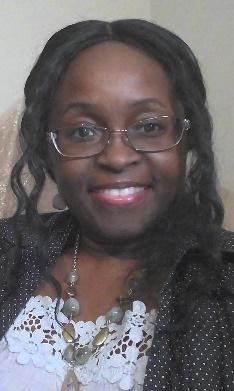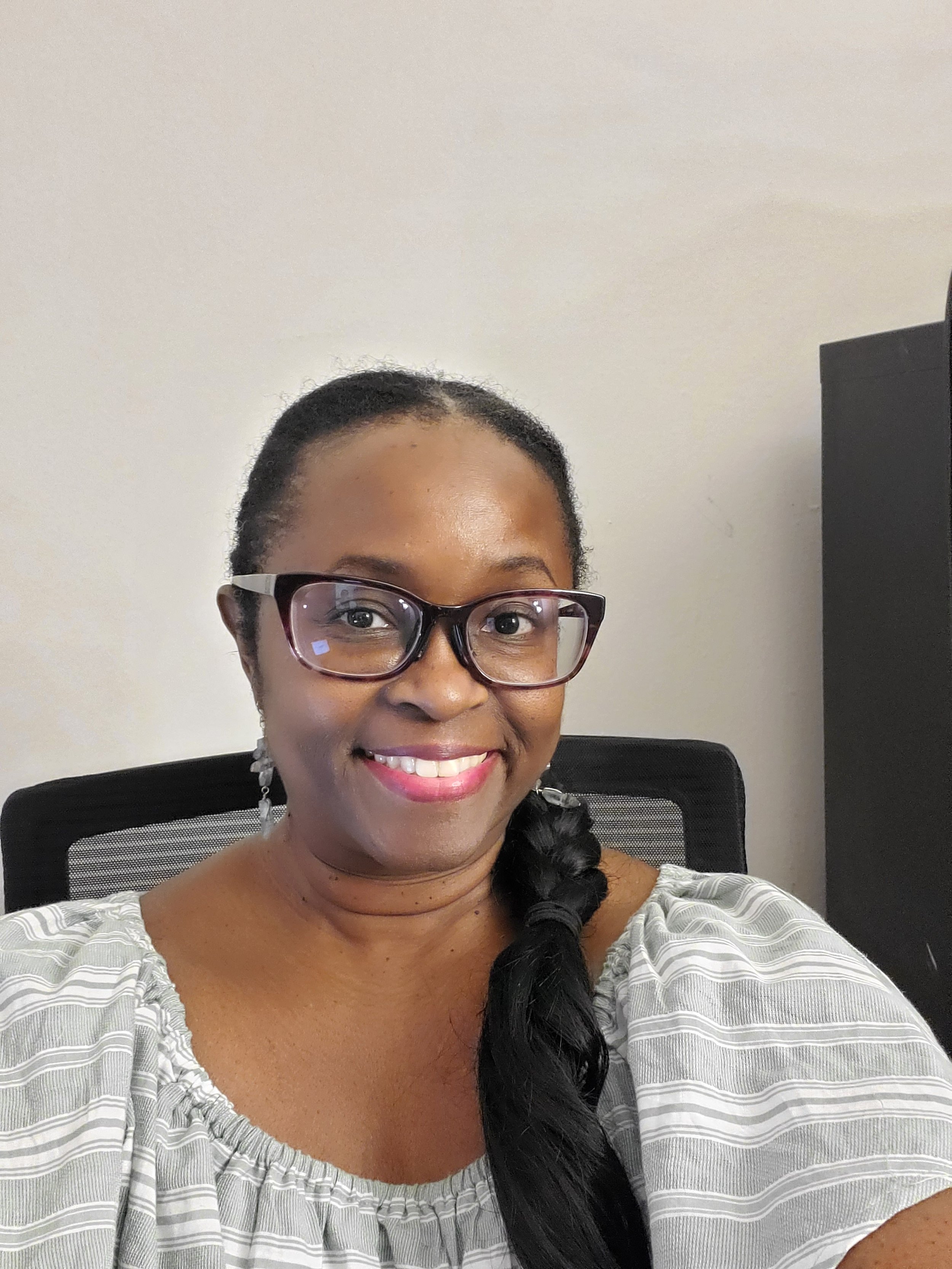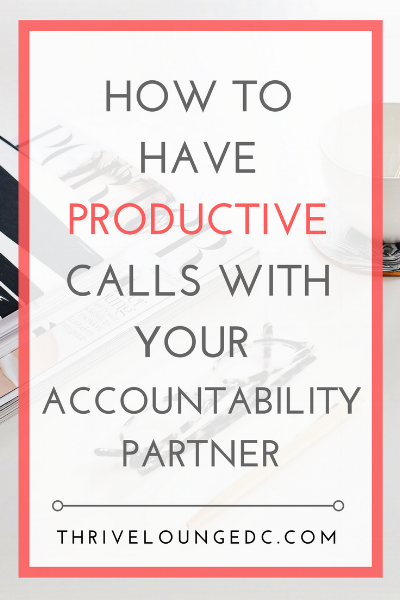Did you know that gratitude and goal-setting go hand in hand?
Being appreciative of what you've accomplished helps give you the strength to push forward and continue to accomplish more.
A few years ago, despite my obvious lack of funds and clear desire to be frugal AF, I decide it was about darn time I took a vacation. It'd been almost two years since I'd done anything other than struggle and wonder why I was still freaking struggling. (That was my vicious cycle. It looked something like this: struggle-pity-struggle-pity-struggle)
I planned to spend two days in Chicago (that was all I could afford). I had a deep dish pizza, tried my first chili dog, went on the beautiful architecture tour and meandered around the city. I spent the rest of the time in my room, enjoying silence with a bottle of wine, cheese and fruits I picked up from the grocery store.
I was so relaxed, I missed my plane to go back home.
Rather than feeling angry that I'd wasted the money I was fighting so hard to earn, I felt a calmness. I realized that, for the first time ever, I had enough money to buy another plane ticket. I would get to stay another day in this beautiful city.
That feeling was gratitude.
What is gratitude?
Gratitude is the conscious decision to appreciate someone (or something) in your life simply because it exists. Many people show gratitude for a person when they receive a gift, mentorship or support. It's also common to express gratitude for a course or program that made a significant life difference for you.
If we take this idea of having gratitude and apply it to progress towards your goals, you'll see that we become more exited about the difficult journey.
How Can You Use It For Your Goals?
Accomplishing large goals can honestly feel like a pain in the butt. They drag on forever, one tiny shift at a time and usually we'll make progress without even noticing it because the larger goal is still staring us in the face, mocking us with with it's incompleteness.
If you're working on a long term goal like losing a significant amount of weight, writing your first book, getting out of debt, or finally socking some money away in your savings account, it can feel like FOREVER before you start to see progress.
Spending a small amount of your day, even 5 minutes, having gratitude for your ability to inch towards your goal, will change your perspective, increase your happiness and supercharge your ability to crush your goals.
How Do I Get Started?
Start with noticing that you're making progress. It happens very slowly so it's easy to overlook. To be grateful for your progress, don't overlook the small things.
Imagine that you have a goal of saving $1000 in your emergency savings account. The first thing you probably did was decide that you were going to do this because you want more security in your life. Maybe you made a budget to start saving a bit of money. Maybe you cut back your expenses to be able to make this goal a reality.
These small, intangible (damn near invisible) goals might not have made a difference in your bank account (just yet) but they are the stepping stones you'll need to sock away some serious cash. You can be grateful for them by noticing how much money you'll now have available each month because you were courageous enough to set an important goal for stability, savvy enough to create a budget and strong enough to make sacrifices that would serve your goal.
Create A Daily Gratitude Habit
The only thing you really need to start incorporating this into your life is a pen, paper and a willingness to give it a try. Start today by simply writing down the answers to any of these four questions on a daily basis to create a gratitude habit:
What are you grateful for today?
You always have something to be grateful for while pursuing a goal. Maybe you can finally fit into that little black dress because you've been eating healthy regularly. You might have the first chapter of your epic novel finally complete - you can be grateful that you only have 36 chapters to go.
In my story, I was grateful that I was able to pay for another plane ticket. After years of struggling and watching my bank account go negative several times, I started to see myself as a poor person. I started to believe that at my core, I was a person who would struggle to succeed. Being able to afford my plane ticket was a moment of gratitude because I realized in that moment that I was making progress.
What did you learn today?
Big goals have a way of teaching us some serious lessons. Sometimes we learn new skills (like that one time when I started paying my student loan debt I learned more than I ever wanted to know about interest rates). Other times we learn new things about ourselves (like how courageous, scrappy and unstoppable you totally are under pressure).
Whipping out my credit card and dropping and unnecessary $200 on another plane ticket wasn't the greatest feeling in the world, but I did learn that I was on the right path. If I continued to sock away money, it would add up. It would protect me in difficult times. I would be there when I needed it.
What did you accomplish today?
The big win (your end goal) is not the only accomplishment. Each day you take action toward your goal will bring you a new success. If you're trying to lose weight, every time you eat a healthy meal is a win (especially since buffalo chicken wings are so darn tasty). Every time you put on your running shoes and hit the gym is a win. It's your job to recognize it.
To be perfectly honest, I hadn't even realized that I was accomplishing anything. $5 saved here and $10 saved there felt like a massive failure to the 3-months of living expenses I was striving to save. I didn't even realize that the ability to cover my ass is an accomplishment - and that I'd earned that.
What brought you happiness today?
There is at least one reason to be happy in every day and it may have absolutely nothing to do with your goals. You can be happy that you've spent time with family or that you took a peaceful walk around the block. Happiness is everywhere around you, take time to appreciate the little things and you'll find more energy to tackle the big things as they come.
What Tools Can I Use?
Start a gratitude journal
You can use any blank journal to write down the answers to any one of the questions above on a daily basis. Your entry should describe what you're grateful for each day. Here's an example:
Today I am grateful for waking up this morning energized to go to the gym. I remembered to put my shoes right next to the bed last night so I didn't feel the urge to lay back down.
It can be as long or short as you like. Over time as you continue to write about your success, you'll notice it comes easier to you and you start to feel gratitude even when you're not writing it down.
Recommended: The Five Minute Journal: A Happier You in 5 Minutes a Day, is a proven system based on psychology research to improve happiness by establishing a gratitude habit just 5 minutes every day.
Create a gratitude log
A gratitude log is a simple list of the things you're grateful for and looks something like this:
I Am Grateful For:
Completing the outline for my first book.
Waking up this morning energized to write.
Finding a great podcast on writing and publishing a book.
You can continue the list for as long as you like. The benefit of this is it's easier to start because you only have to write a few words.
Being grateful places you in a position to enjoy your journey on the way to accomplishing your goals. With this very simple habit, you'll acknowledge the improvements you're making in your life on a daily basis and you'll feel happier and more excited to keep pursuing your goals.
What are you doing to have gratitude for your journey?
Want To Start Planning Your Vision Board Party?
Download the FREE vision board party planning checklist.
Craft your inspiring vision board workshop talk with our FREE High Impact Storytelling Journal Prompts.
Plan, promote & host your first (or next) professional & profitable vision board workshop with our signature course, Sold Out Vision Board Parties.
This post may contain affiliate links. Please read my disclosure for more info.
About the author
Cyrene is a fun and accomplished workshop facilitator, learning and development guru and Human Resources professional. Being at the helm of Thrive Lounge has been a long-time dream. Through vision board workshops she plans to accomplish two-way learning. Sharing her vast years of knowledge to motivate and encourage others; while simultaneously getting the reward of great energy, ideas and questions to ponder back from each group. A super win-win. Please join our Thrive Lounge community so you too can benefit!

![Where To Buy Magazines For Your Vision Board Party [updated 2023]](https://images.squarespace-cdn.com/content/v1/57d0d23e579fb3d89aa6c53e/1530138639042-H0LBZSZTR3JYBWKCYKLN/StockSnap_5FGEKJTGDV.jpg)









